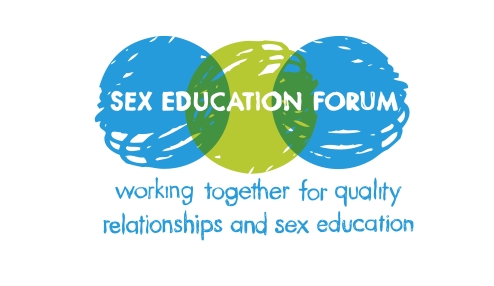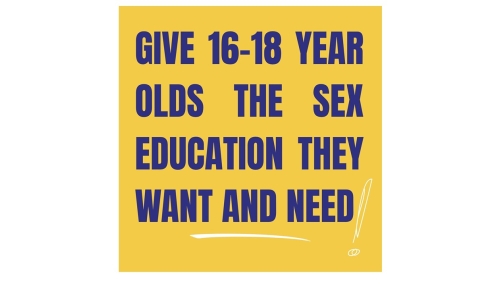At this half-way point in the academic year, the Department for Education (DfE) has shared a fresh message about implementing RSHE. Statutory status officially began in September 2020, with expectations about full preparedness lengthened to summer 2021 to deal with the impact of Covid-19.
DfE’s new message, shared in February 2021, helpfully encourages schools to keep on going with their preparations through the spring and summer terms, and to continue consultation and policy development processes alongside curriculum delivery to meet pupils’ needs.
While some schools had completed parental consultation face-to-face before the pandemic, many others have since carried out online surveys and interactive online presentations and meetings, gathering valuable data about parent views and insights about how the schools RSHE provision can also support parents in their role as educators. High levels of attendance and engagement with online parent consultation have been reported. However, it is important to remember that other actions may be needed so that all parents can access the consultation. For any school that is yet to begin parental consultation this is a message that some steps can be taken now.
DfE explain that children and young people are entitled to RSHE as part of their curriculum during this academic year, so even if provision is less than planned or different or adapted, there must be some RSHE for every pupil. Teachers have been making careful judgements about how to adapt the curriculum for learning at home including making suggestions of RSHE resources that parents may wish to use with their children themselves.
It is unlikely that the RSHE provision that any one child or young person receives during this academic year is going to be exactly what was planned. It is therefore very important that the gaps in provision are noted, and then addressed at the soonest opportunity. There is a risk that topics that are deemed more sensitive or difficult, like puberty, pornography, abuse and unhealthy relationships are not covered at all, which is all the more reason to monitor and document the gaps so that they are picked up.
DfE’s message acknowledges that the curriculum and RSE policy can be treated as a ‘work in progress’ and that to some extent both may be developing in parallel. This gives schools a signal to keep going, to keep learning from pupils and parents and keep in touch with school staff about their training and support needs to deliver the best RSHE possible.
The full text of DfE’s message, shared in February 2021 is provided below.
'We are aware of the unique pressures that schools are facing this academic year, and the difficulties that they may have in teaching some RSHE content remotely. We know that many schools have been providing excellent RSHE teaching during this academic year and that, where this has been possible, it will have had benefits for pupils and supported their mental health during this challenging period. We also appreciate that some schools may struggle to offer a comprehensive RSHE curriculum this year, which covers everything in the Department’s statutory guidance, and we would like to reassure schools that it is for them to decide what can reasonably be achieved within the confines of their statutory duties.
The law requires schools to provide some relationships, sex and health education to all secondary age pupils in the academic year 2020/21, and to provide some relationships and health education to all primary age pupils. Schools are also required to publish a Relationships and Sex Education (RSE) policy and to consult parents on this. In all teaching, we expect schools to comply with relevant legislation. We are aware however that for many schools, development of a fully comprehensive relationships education/RSE policy and RSHE curriculum will be an iterative process, which will need to continue into next year. Detailed curriculum planning will be required to consider how the RSHE subjects relate to and are supported by other subjects within the curriculum, including science and citizenship, and it is important that schools take the time to get this right.
Engagement with parents on the school’s RSE policy could be delivered online and does not necessarily need to be in person, and we are aware that many schools have been able to do this effectively. Some schools may choose to focus this year’s RSHE teaching on the immediate needs of their pupils, introducing a more comprehensive RSHE programme in September 2021. Teaching in the 2021/22 academic year should seek to address any gaps in pupils’ RSHE education this year.
Teachers and school leaders know their pupils best, and with the additional pressures of Covid-19 and home learning, we encourage schools to prioritise RSHE content based on the needs of their pupils, with particular attention to the importance of positive relationships, as well as mental and physical health.'
Further support
Join our four part 'Ready for RSHE' webinar series. Each 75 minute webinar provides clear guidance, ready made tools and an opportunity to share practice with other schools.
Access our wide selection of advice and guidance resources




Share